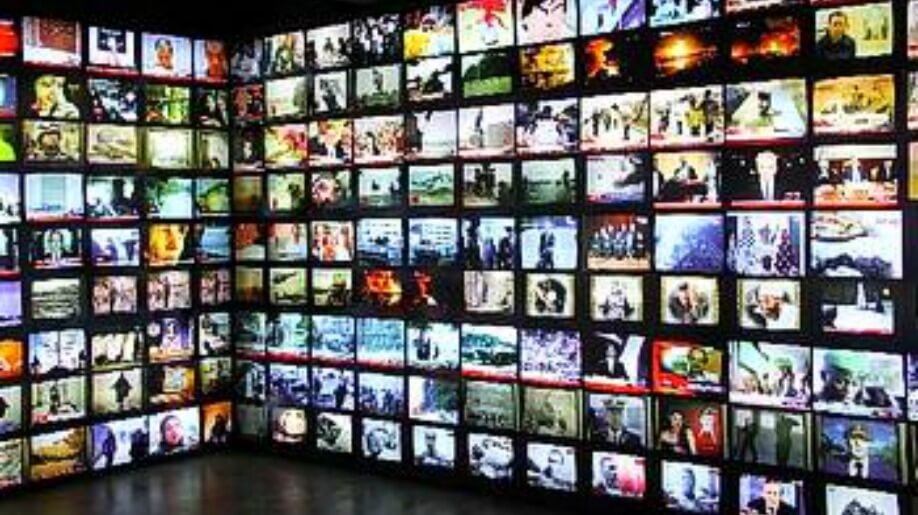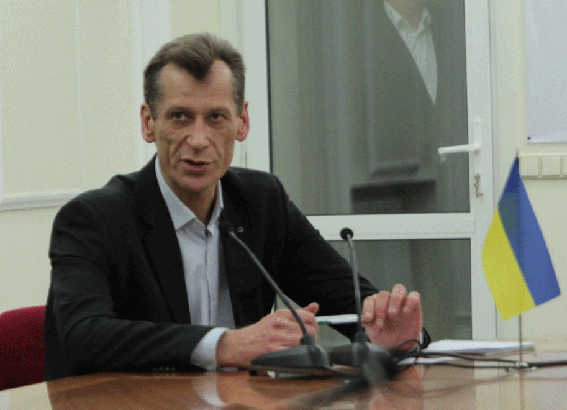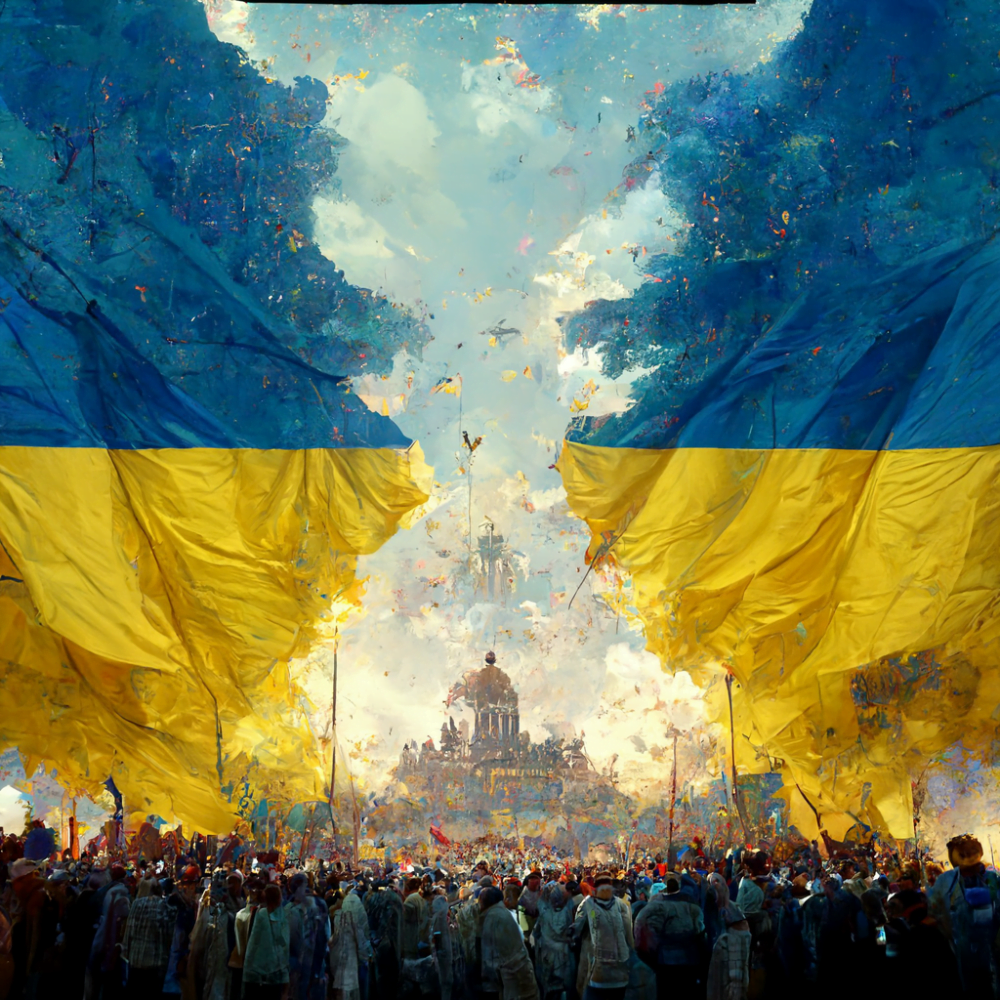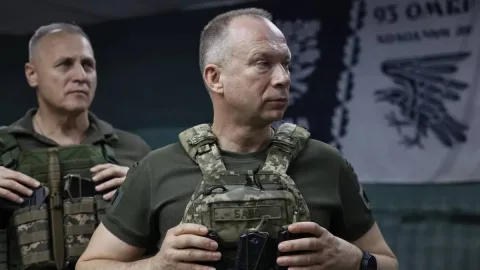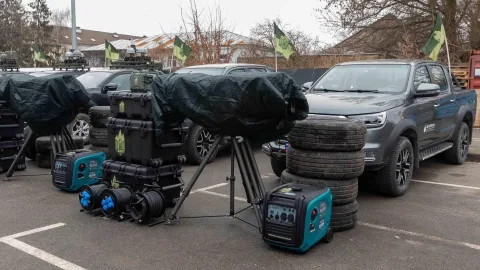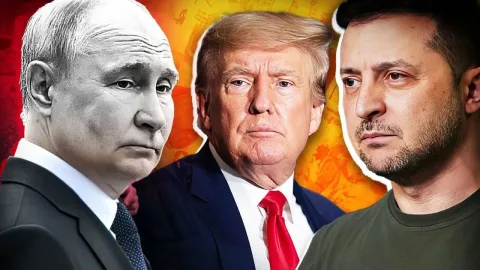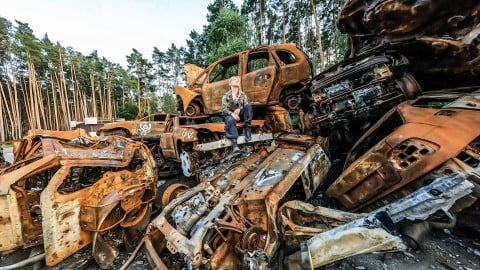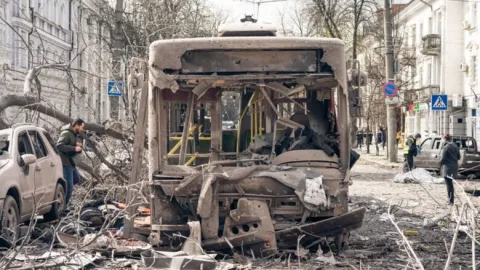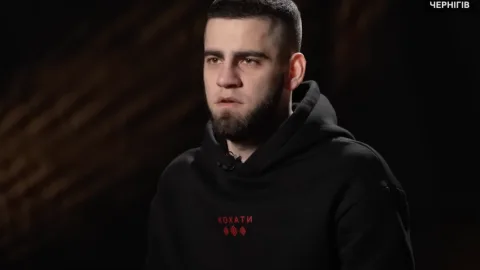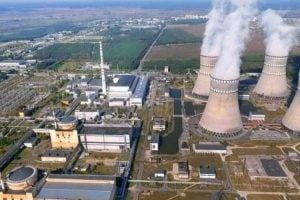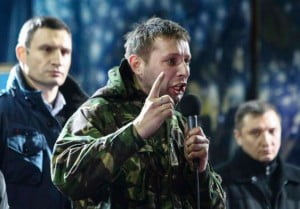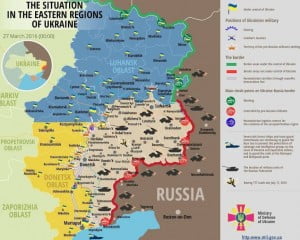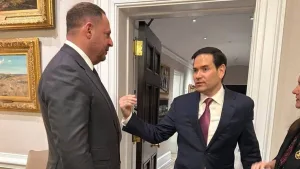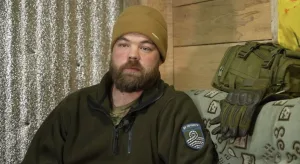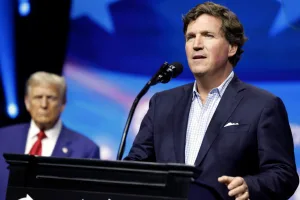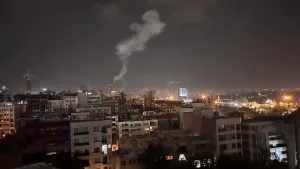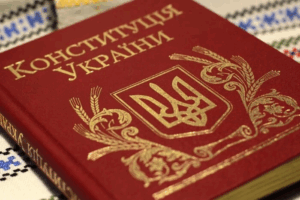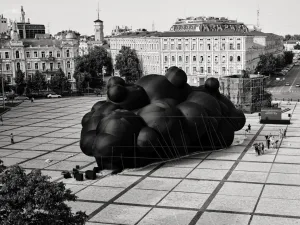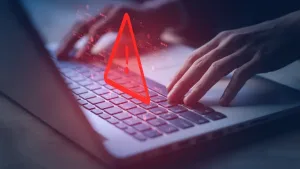Speech delivered by Pavlo Poliansky, Deputy Minister of Education of Ukraine, at the international conference “Information As a Weapon of War in the 21st Century: The Experience of the 2014-2015 Ukraine Conflict for Poland and Europe.”
The topic of my speech is education. It is very tempting to talk about education as victim since I could easily show you how Putin’s Russia has destroyed education in occupied Crimea and how irresponsibly education policy is being applied in parts of the Donetsk and Luhansk Oblasts.
To illustrate what has happened in Crimea, I will quote from a letter I received from a mother of a pupil in Crimea. “All of the subjects that have anything to do with Ukraine have been done away with. Brand new textbooks have been issued in the schools in Crimea, and they are all in Russian. In the history books Ukraine is given mention only as a place of instability where an ‘anti-state, anti-constitutional overthrow took place.’ I don’t know what happened with the Ukrainian textbooks. They had been put away in storage in the basement. Libraries remain open but access to some books is denied. Last fall the procurator’s office conducted inspections in all the libraries. They were searching for ‘extremist’ literature. Collections of Ukrainian poetry were removed as was the biography of Stepan Bandera.”
All over Ukraine the topics of the Holodomor, the wars between Russia and Ukraine, presented in an historical context, the Battle of Kruty, the Orange Revolution, the men and women who led the political and cultural renaissance had been literally cut out of textbooks and eliminated from the curriculum. Yanukovich and his friends from Moscow knew very well that the study of chemical reactions or algebraic formulas will have no effect on politics but studying subjects in the humanities will affect how the world is perceived. Russia wanted a very particular kind of world view to be taught.
There were even attempts to publish, together with Russia, a shared textbook in history. It was only because a small but loud group of experts in Ukrainian history together with a few brave teachers had raised their voices in protest that the plan was thwarted.
The information war is being carried out on two fronts. The first front is the domestic front, meaning in Russia. Currently we do not have any influence and we probably won’t have any influence on this front anytime soon. The current regime in Russia is recklessly manipulating the population any way it pleases. In schools the “Civil Alphabet” is being used. The letter “A” is “Antimaidan” the letter “O” is “Otets” [father] with a picture of Kiril Hundaiev the letter “M” is “muzhnist” [bravery] with a picture of the prosecutor general of Crimea, and the letter “P” is Putin. I think Putin should have been put under the letter “H” for “huilo” [dickhead] but for some reason my opinion was ignored…
The external front (in the information war) is the war on education that is now being practiced in Crimea and in the Donetsk and Luhansk Oblasts. Here are quotes from another letter, this one from a mother of a fourth grade pupil in Crimea: “Today in Crimea politics and propaganda are one and the same and Ukraine certainly does not benefit from either. ‘Thank you, Russia, for saving us,’ ‘If Russia hadn’t come to Crimea, we would have had another Donbas,’ ‘Everything will be wonderful now,’ teachers now say to the children. To the kids in fourth grade it is confusing: what are we supposed to thank Russia for? from what did they rescue us? what exactly was so bad for us in Ukraine? Time and again my child is made to write compositions on the same topics: ‘Russia is my homeland,’ and ‘Russia is the best country in the world.'”
Russians in Russia are undergoing similar “zombie therapy.”
As far as higher education goes, we, the Ukrainian government, have made it possible for all those students who wanted to study at a Ukrainian university or college to do so. We have even transferred those students who were unwilling to continue studying at a Russian-controlled university. All those students from Crimea have been resettled in Ukrainian university dormitories, and those students who had been receiving a scholarship continue to receive a scholarship. Teachers and college instructors who for political or philosophical reasons did not want to stay on the occupied peninsula have left.
Likewise the Ukrainian government is doing everything possible to facilitate distance learning for the young people of Donetsk and Luhansk Oblasts. We are doing everything we can to provide Ukrainian graduation certificates and diplomas to those who have completed studies. It is a preventive step we are taking that Russia had not foreseen.
We have provided directions to all the schools in our country without exception on how to use the Internet to complete high school education and then how to obtain a valid certificate. We are giving the children and their parents the chance for a better future.
In a time of conflict there is always the temptation on the part of writers of textbooks and even among experts to use aggressive terminology. For example using emotional and destructive words when describing Russia as a country and the Russian people in a textbook. As a member of the Ukrainian-Polish commission that is working on consensual agreements in regard to the history and geography textbooks in both countries I know how difficult it is to root out the language of violence, aggression and stereotypes. On the other hand we have no right to allow the aggressor to write the history of our country for our children.
An addendum is being written about the Maidan and the ensuing Russian-Ukrainian war for the history books that are being used in the senior classes. The group of writers made sure that neutral language was used in the addendum: demonstrating hostility and hatred for Russia and the Russian people would not be tolerated. And we are not doing this to be nice to Russia. We are doing this because it is important for our future. We are demonstrating and exercising decency for the sake of our children.
Supporting and developing education in conditions of external aggression and war is very difficult. We are learning to conduct education policy in wartime conditions when on the one hand resources are scarce and on the other hand society supports us and demands reforms.

